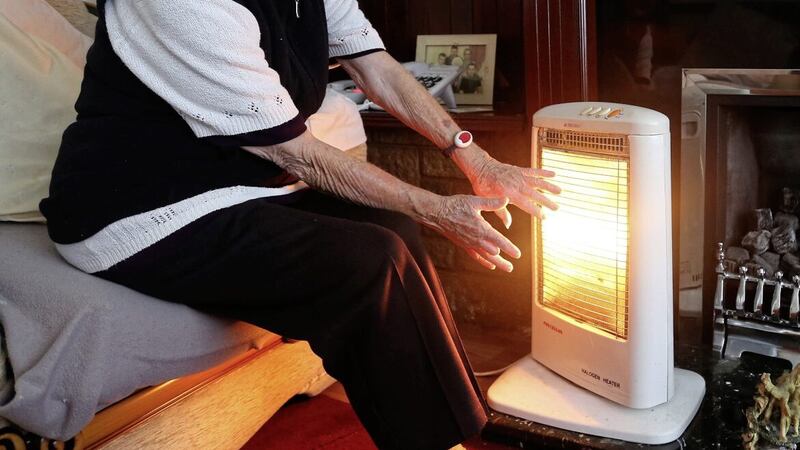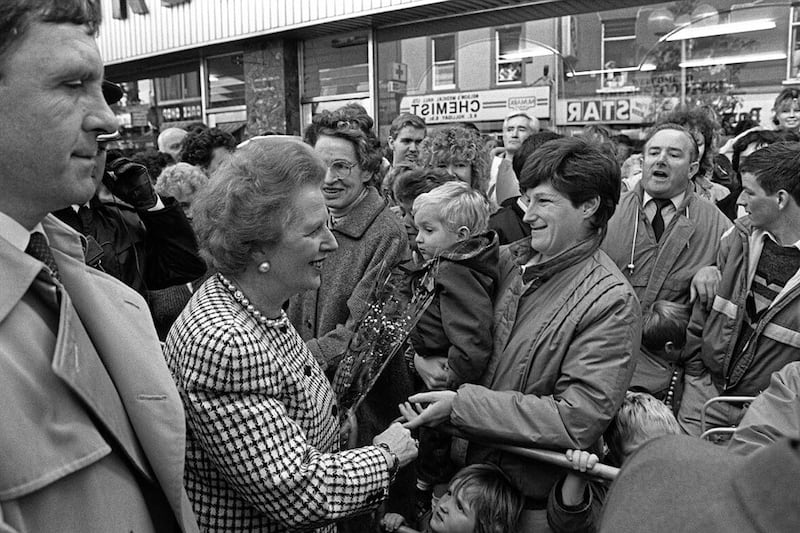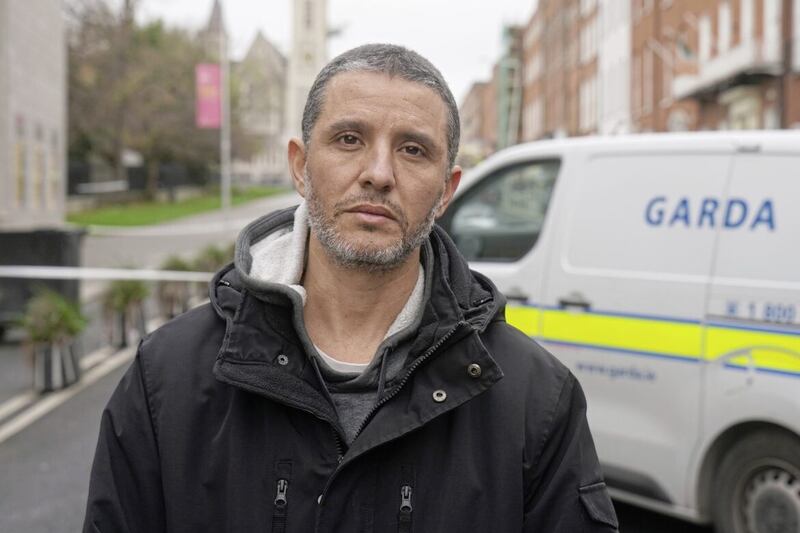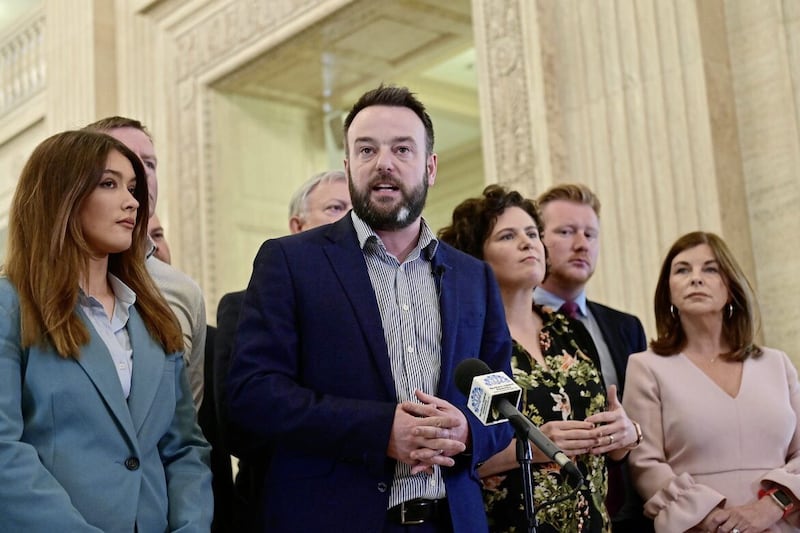Last year I made the remarkable discovery that my great-great-grandfather, also named Tom, died in Newry Workhouse in 1888.
Once a south Armagh tenant farmer, he lost his smallholding. (Even today, Shelter tells us that most people are only three pay checks from being homeless).
Labouring at Newry docks, Tom struggled to make ends meet. The workhouse records attest to the fact that he died of “exhaustion”.
His widow Rose survived him by fourteen years thanks to her teenage son (my father’s grandfather) lying about his age and joining the army. She lived in two rooms within a tenement.
Rose was saved from the indignity of the workhouse but at an incredible cost. It’s safe to say, she knew about poverty. Her living was meagre, income irregular and the outlook bleak.
To learn that someone died from exhaustion is quite emotive. Overworked and malnourished, the body simply gives up, tired and broken. Clapped out. In Japan they call it ‘Kagoshi’.
All poverty is relative in terms of time and place. Through the simple accident of birth or geography, some people can come to know poverty.
Many of our parents lived with gas street lighting. Some recall outdoor toilets and tin baths. Few ever got to own a home.
The Newry Workhouse didn’t close its doors until 1948. My father remembers children of the workhouse getting bread and jam at school - he even tried his luck to get some!
My Aunt Rose was one of the lucky ones to survive childhood diphtheria. Tuberculosis, cholera and diphtheria were very much associated with early 20th century.
But as we saw recently in London, there was a public health message for parents to ensure their children were vaccinated against polio, a disease once thought eradicated now rearing its head again. UK vaccine uptake is on the slide, partly because of complacency and partly because of false information found online.
Both Dad and Aunt Rose are octogenarians. They don’t see their childhoods in terms of the poverty as experienced by their great-grandparents. They are of that generation who had little but at the same time had everything. Everything in terms of what they needed. Today, the governing words in most households are “I want”.
Looking at Facebook and Twitter I have been amazed how communities are reaching out to help those most in need, and that’s a growing number.
Statista UK tells us that a staggering 2.1million have had to receive a three day supply of emergency food.
In north and west Belfast some incredible and uplifting work is being carried out by Paul McCusker and Paul Doherty. In addition to running food banks and soup kitchens, they also established a school uniforms exchange and even used money from recycled clothes to buy stationery packs for school children in need. Saint Vincent de Paul and the Salvation report record levels of need. We live in an age of austerity.
One thing is clear, the working poor are amongst the most affected. Those who hold down jobs which are running way behind the rate of inflation are also excluded from additional financial support from the government.
The rocketing prices from the energy companies are not sustainable. Some people will suffer because they will be forced to choose between eating or heating.
Politicians need to tell energy bosses that reaping excessive profits during a crisis from the misery of ordinary people is morally wrong. Energy companies can cope with reduced profits, consumers can’t cope with exorbitant prices.
In Northern Ireland, many question the very point of a Utility Regulator. To consumers it's like a boxer with one armed tied behind their back.
The late American President Franklin D Roosevelt once wrote: ‘The test of our progress is not whether we add more to the abundance of those who have much: it is whether we provide enough for those who have too little”.
Politicians and corporate leaders need to choose whose side they are on.









